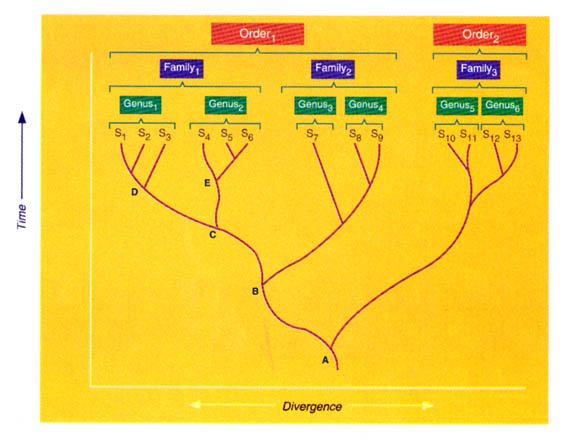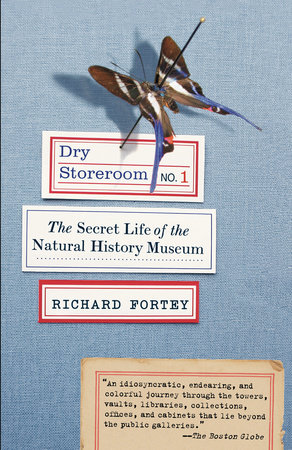About Evolution“I often said before starting, that I had no doubt I should frequently repent of the whole undertaking.” So wrote Charles Darwin aboard The Beagle, bound for the Galapagos Islands and what would arguably become the greatest and most controversial discovery in scientific history. But the theory of evolution did not spring full-blown from the head of Darwin.
Since the dawn of humanity, priests, philosophers, and scientists have debated the origin and development of life on earth, and with modern science, that debate shifted into high gear.In this lively, deeply erudite work, Pulitzer Prize–winning science historian Edward J. About Evolution“I often said before starting, that I had no doubt I should frequently repent of the whole undertaking.” So wrote Charles Darwin aboard The Beagle, bound for the Galapagos Islands and what would arguably become the greatest and most controversial discovery in scientific history. But the theory of evolution did not spring full-blown from the head of Darwin. Since the dawn of humanity, priests, philosophers, and scientists have debated the origin and development of life on earth, and with modern science, that debate shifted into high gear.In this lively, deeply erudite work, Pulitzer Prize–winning science historian Edward J. Praise'Infectious good reading.

The prose is limpid, the chapters are luminous.' —James Moore, co-author of Darwin“The history of evolutionary science from the 18th-century to the present is a history of controversies and seemingly incompatible views. It takes an author like Ed Larson to provide an account of this crucial history.The reader will be rewarded by an intellectual delight.”—Ernst Mayr'Larson masterfully takes us from the 18th century French enlightenment to the 21st century evolution wars.
From Buffon and Cuvier, through Darwin and Wallace, to Dawkins, Gould, and Wilson, he provides a scholarly, readable history of the ups and downs of the theory of evolution. Larson shows us how firmly this theory is established, as firmly as Einstein’s theory of relativity.'
Porter, Director of the Darwin Correspondence Project'Larson has written a brilliant introduction to the history of evolution, equally sensitive to scientific, religious, and social factors. It is, hands down, the most readable and reliable account available.' Numbers, Hilldale and William Coleman Professor of the History of Science and Medicine. Department of Medical History and Bioethics, University of Wisconsin'Ed Larson is both a historian and a writer who knows how to bring his subject alive. In Evolution: The Remarkable History of a Scientific Theory he combines the latest historical scholarship with an understanding of recent issues in science, religion and social debate. This powerful book will help everyone understand the foundations of modern evolutionary ideas and the origins of the latest controversies.' Bowler, Queens University Belfast'An indispensable guide to the sometimes weird, but always wonderful, world of Evolution.

Every species inhabiting this contested territory is here: Darwinian materialists, Lamarckian progressivists, hopeful-monster mutationists, theistic evolutionists, neo-vitalists, six-day creationists, mathematical geneticists, intelligent designers, molecular reductionists and on and on. Yet this is no monochrome chronicle of disengaged scientific ideas.

Edward J. Larson
It is a rich and compelling narrative portrayed in glorious technicolour, as grand and sweeping in scope as the theory of evolution itself. In the struggle for shelf-life among publications on evolution, Edward Larson?s book is superbly fitted for long-term survival.' Livingstone, author of Darwin’s Forgotten Defenders: The Encounter Between Evangelical Theology and Evolutionary Thought“Larson’s acclaimed gifts as a writer who can make the history of science exciting to a wide audience are visible again. The story, which takes seriously the cultural meanings of new science, has many twists and turns and is told with humor and vivacity.”—JOHN HEDLEY BROOKE, Andreas Idreos Professor of Science and Religion, University of Oxford.